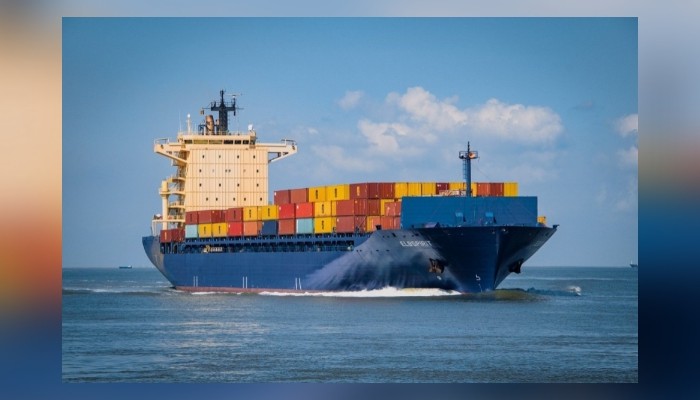Exports from India to China increased significantly from 2016-17 to 2020-21
Exports from India to China increased from $13.33 billion in 2016-17 to $21.19 billion in 2020-21, indicating a steady increase.
With this, India's trade deficit with China reduced from USD 63.05 million in 2017-18 to USD 44.02 million in 2020-21 - a drop of about 30%.
The information was provided by Minister of State for Commerce and Industry Anupriya Patel in a written reply to a question in the Rajya Sabha on Friday.
While trade with China stood at $87.07 billion in 2018-19, it dropped to $81.87 billion in 2019-20 and $86.40 billion in 2020-21.
This makes it clear that there has been no significant change in total business, although India has increased its share of business during this time, the minister said.
According to Patel, the Indian government has made continuous efforts for a more balanced trade with China, including a bilateral partnership to remove non-tariff barriers on Indian exports to China.
In addition, the government has taken a number of measures in the form of anti-dumping, counter-wailing duty, etc. to curb unfair trade practices and has also tightened quality regulations to curb poor imports. At the same time, steps have been taken to promote domestic production.
“The government has also launched schemes like Production Linked Incentive Scheme to increase domestic production capacity in critical sectors, which include Drug Intermediate, API, Medical Devices, Electronic Components and Mobile, White Goods, Specialty Steel, Food Processing Industry, High efficiency Solar PV modules, drones and drone components etc.” informed the minister in her written reply.
According to the minister, these schemes are likely to boost domestic production capacity and attract investment and reduce dependence on imports from China.
The government of India is pursuing a special strategy to promote the service sector, which involves negotiating meaningful market access through multilateral, regional and bilateral trade agreements, trade promotion through participation in and organization of international fairs/exhibitions and addressing domestic sectoral challenges and difficulties which are identified through periodic consultations with the stakeholders.
Moreover, efforts are being made to engage with the nodal Ministries/Departments to pursue a domestic reform agenda to make the services sector competitive globally, the reply added.
 Contact Us
Contact Us  Subscribe Us
Subscribe Us









 Contact Us
Contact Us
 Subscribe
Subscribe
 News Letter
News Letter

